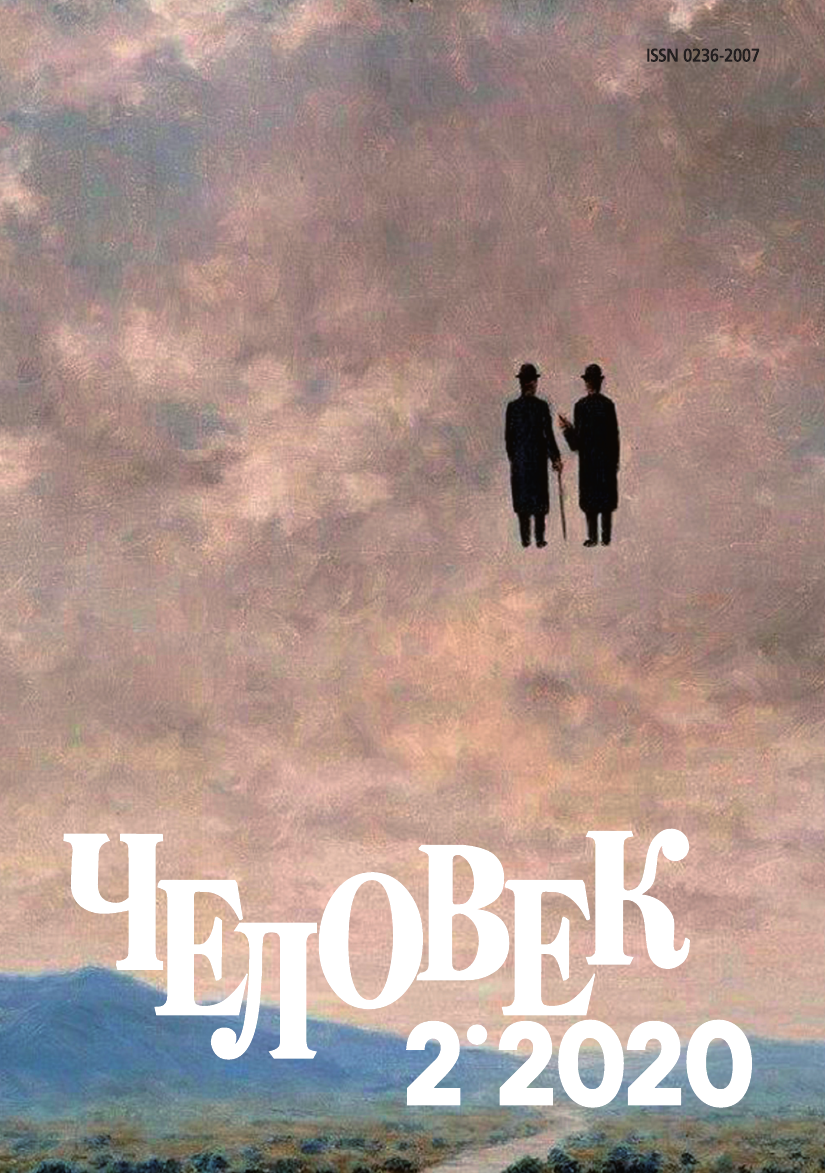A Person in a Totalitarian State. Article One: War and Fear
Keywords:
man, war, totalitarianism, autocracy, politics, masses, movements, freedom, heroism, cowardiceAbstract
Just as totalitarianism of the Soviet type determined the nature, consciousness, and features of human existence in peacetime, so, if not to a greater extent, with the beginning of the great Patriotic war, it affected the consciousness and actions of the fighting person. The first post-war reflections on this subject were offered in the military prose of wartime writers — in the novel “Cursed and killed” by Viktor Astafiev, in the stories of Vasil Bykov, as well as in the novel “Life and fate” by the war correspondent Vasily Grossman. Having arisen in the USSR with the beginning of Stalin's rule, totalitarianism quickly found its own fundamental basis — the fear based on the human instinct of self-preservation. It was fear, fueled by often purposeless, but constant and brutal repression, that took hold of Soviet society so much that, along with political and organizational factors, it became one of the causes of the large-scale catastrophic defeats of the beginning of the great Patriotic war. The definition of the Patriotic war not only as a people's war, but also as a war of the totalitarian state, does not agree with the position that Stalin's wartime totalitarianism with its characteristic cruelty was necessary, that its critical analysis is not permissible and should be regarded as anti-Patriotic. The article attempts to show that Soviet totalitarianism had historical roots, and in the war not only did not contribute to, but objectively prevented the victory over fascism. Totalitarianism reduced the human warrior to the level of a means of solving problems, created conditions in which courage and professionalism gave way to fear and cowardice, often gave rise to the desire in the moods of people to please the leader and his inner circle at any cost, in general, was the enemy of a free man and if possible destroyed such a person.






